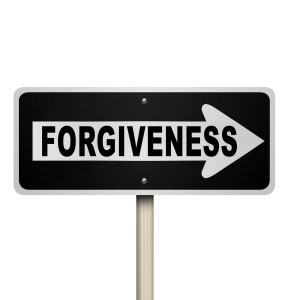
When you take out a student loan, you may not care much about whether it’s federal or private. Some of my clients don’t know which type of loan they have even years later.
See also:
- How To Know If Your Student Loan Is Federal Or Private
- Federal Student Loan Standard Repayment Options
- Income-Based Repayment For Federal Student Loans
Federal student loans offer a variety of repayment options and opportunities for forgiveness or discharge, but private student loans are a different animal entirely.
A Private Student Loan Is Just A Regular Loan
The only time it matters that a loan is used for educational purposes is when you’re talking about filing for bankruptcy.
In all other respects, a private student loan is nothing more than money borrowed. If you look at the loan documents, there’s no difference between this any unsecured loan you get from a bank or credit union.
The Ordinary Rules Apply
Federal and state laws govern all loans. That includes the use of initial disclosures, applications procedures, and limitations of time for filing a lawsuit.
Debt collectors seeking payment on private student loans are required to comply with the Fair Debt Collection Practices Act as well as with state laws.
If they fail to do so, you may have the right to sue them for damages.
See also:
- Why Some Debt Collectors Get Away With Breaking The Law, And How To Stop Them
- Private Student Loan Statute Of Limitations In California
The Rules Provide Opportunities
If the loan doesn’t come with appropriate disclosures, the lender may be subject to federal and civil penalties.
If a private student loan lender doesn’t sue you within the statute of limitations, you can get the case kicked out of court.
If collections aren’t undertaken within the bounds of the law, you can sue and collect damages.
If a private student loan creditor sues you without proper proof and documentation, you may win the case.
And if all else fails, you may be able to file for Chapter 13 bankruptcy and force the lender to temporarily accept lower payments than would otherwise be possible.
Know The Rules To Use Them
Private student loan forgiveness doesn’t exist as a matter of law, nor are there formal programs to help you get out from under those obligations. But if you know the rules, there’s a lot you can do to better your situation.